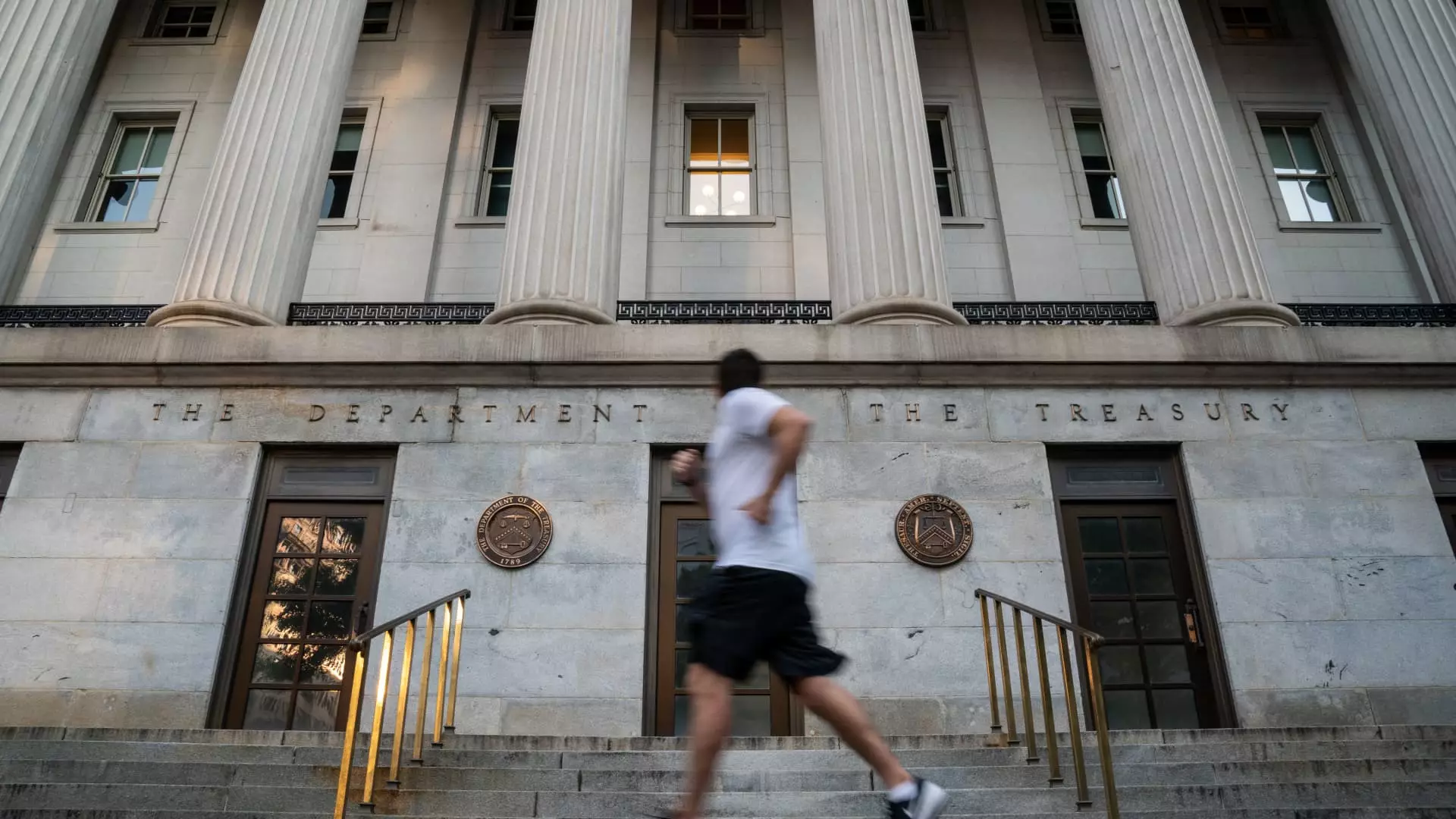In an ironic turn of events, the U.S. Department of Treasury is dismantling a crucial component of the Corporate Transparency Act (CTA)—a piece of legislation that was hailed as a necessary tool to track illicit activities in an era where financial integrity matters more than ever. Originally enacted in 2021, the CTA mandated millions of small businesses to reveal the identities of their “beneficial owners”; a measure designed to tackle the complexities of organized crime and money laundering facilitated by anonymous shell companies. However, with the recent decision to exempt U.S. citizens and companies from reporting requirements, the initiative has been thoroughly compromised. Instead of fortifying regulatory frameworks, the Treasury is slashing its own safety nets.
A Leaky Lifeboat for Criminal Enterprises
This regulatory retreat raises serious alarms about the implications for national and global security. The Financial Crimes Enforcement Network (FinCEN) estimates that the new interim rule will apply to only around 20,000 entities, a staggering reduction from the projected 32.6 million that were previously implicated. This shocking shift is akin to trying to control a flood with a sieve; vital vessels that could have been monitored are now left unaccounted for. Legal experts, such as Erin Bryan from Dorsey & Whitney, are rightly alarmed. By rolling back these requirements, the Treasury has unintentionally opened the floodgates for illicit activities, allowing bad actors to thrive in broad daylight.
The Deregulatory Agenda: A Step Backwards
Of particular concern is the alignment of this policy change with the previous administration’s deregulatory ambitions. FinCEN director Andrea Gacki cited a “reassessment” concerning the utility of collecting beneficial ownership information versus the burdens that such requirements impose. Yet, this argument seems hollow when weighed against the broader implications for accountability. Are we really willing to compromise national security and the reputation of U.S. financial markets for an ostensibly reduced burden on small businesses? It appears that the ideological commitment to deregulation has facilitated a dangerous retreat from responsibility.
A Call for Accountability
Allowing U.S. companies to skirt reporting requirements while maintaining obligations for foreign entities reads as a recipe for further exploitation. According to Scott Greytak, director of advocacy for Transparency International U.S., the new regulations effectively permit criminals to fly under the radar. By enabling Americans operating sham companies to avoid scrutiny, we have made it easier for organized crime to flourish domestically. Striking the delicate balance between fostering business and ensuring transparency is not an impossible task, but this pendulum swing places profit over principle and safety.
The Ripple Effect on Trust and Business
The erosion of beneficial owner reporting does not merely endanger financial systems; it also undermines public trust. Businesses today must operate in a climate of transparency, especially when consumers are becoming increasingly aware of ethical practices and corporate governance. By jeopardizing this oversight, the Treasury is sending a tantalizing signal to dishonest actors while alienating those companies that strive for legitimate business operations. Trust, once broken, is challenging to rebuild—and the effects ripple outward, affecting the broader economic landscape.
This tactical retreat by the U.S. Treasury is a miscalculation with potentially far-reaching consequences. National security, financial integrity, and public trust are under siege, sacrificed at the altar of deregulation. If we allow the benefits of transparency to be diminished, we may find ourselves navigating a treacherous landscape where crime outpaces law enforcement, and legitimate businesses suffer the consequences. The stakes could not be higher, and it’s imperative that we rally around accountability rather than fall prey to convenience in the name of business as usual.

